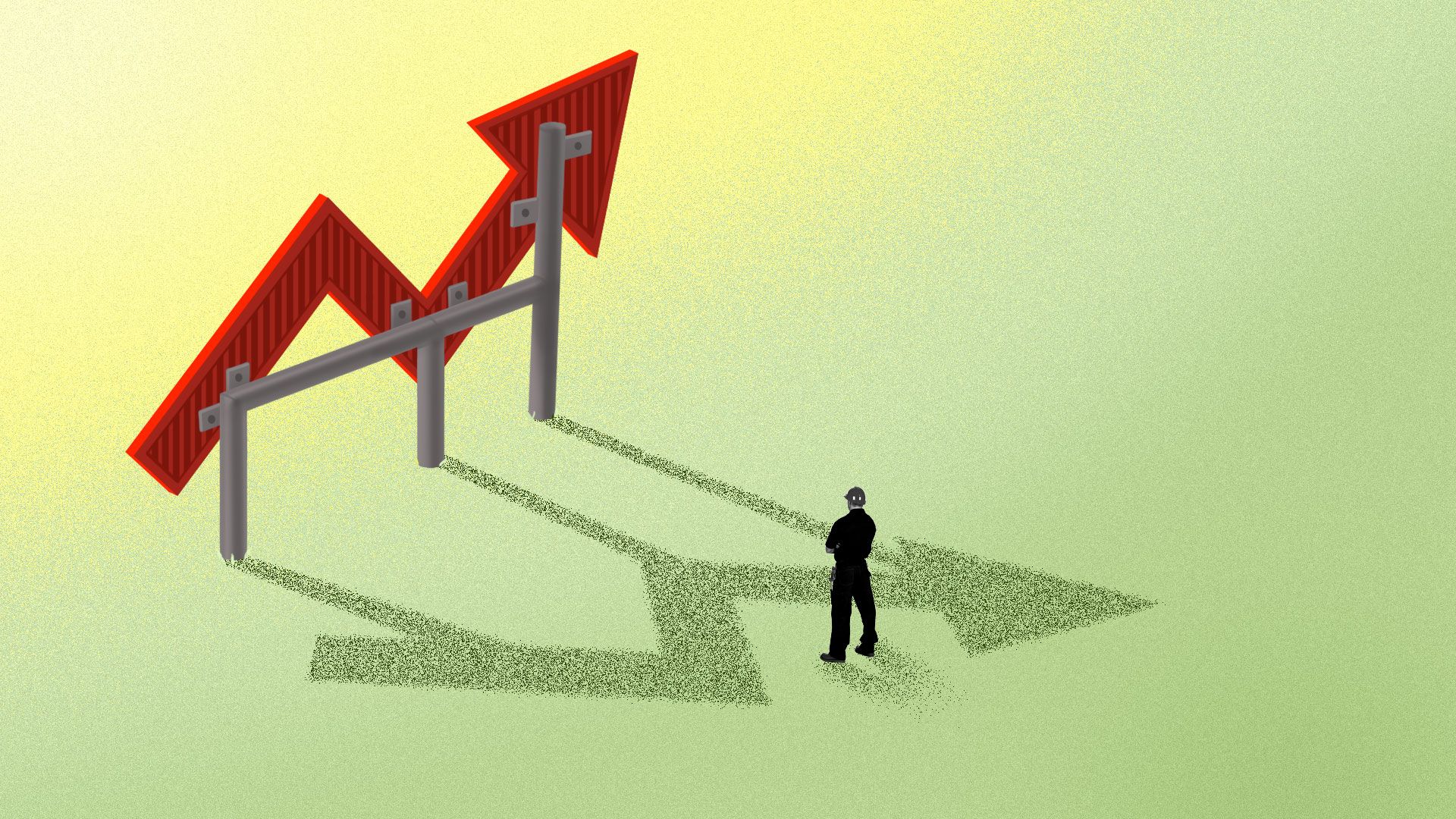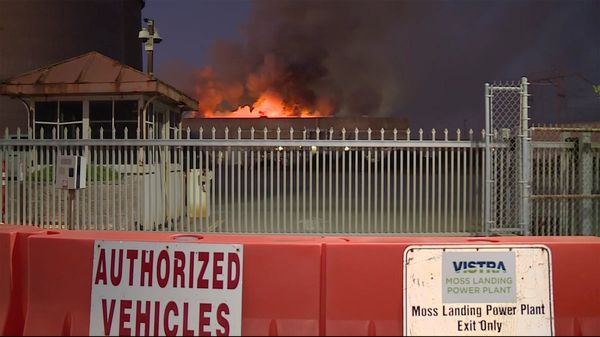
A huge challenge for 2020 candidates will be navigating these tandem trends: Day-to-day life on the globe is better than at any time in history, yet the heartland worries that elected President Trump haven't been solved.
The big picture: It's a fact that humans are living longer, healthier, safer, more comfortable lives.
- Bill Gates has pushed that idea for some time, often citing Charles Kenny's "Getting Better."
- Cognitive scientist Steven Pinker popularized it last year with his bestselling "Enlightenment Now" (which followed "The Better Angels of Our Nature: Why Violence Has Declined").
- Ditto "Factfulness ... Why Things Are Better Than You Think," by Hans Rosling, another rose-tinted power book.
Several journalists have recently made a similar case:
- Wall Street Journal columnist Greg Ip started the year with the headline, "The World Is Getting Quietly, Relentlessly Better."
- "If we can solve global poverty, we can solve other problems like climate change," Ip wrote. "If you spent 2018 mainlining misery about global warming, inequality, toxic politics or other anxieties, I'm here to break your addiction with some good news: The world got better last year."
- NY Times columnist Nick Kristof made a related point: "Why 2018 Was the Best Year in Human History!"
- "Never before has such a large portion of humanity been literate, enjoyed a middle-class cushion, lived such long lives, had access to family planning or been confident that their children would survive," Kristof wrote. "Let’s hit pause on our fears and frustrations and share a nanosecond of celebration at this backdrop of progress."
- And the cover of yesterday's Washington Post Business section headlined a story about coming space milestones, "2019 is shaping up to be a stellar year."
- "More exploration, human spaceflight and tourism opportunities appear primed for takeoff."
All that euphoria is based on data and reality. But it sounds tone-deaf if you're part of the majority of America, which isn't enjoying the escalating affluence inside the bubbles along the coasts.
Council on Foreign Relations president Richard Haass — whose most recent book, "A World in Disarray," sends a very different message — tells me that the super-optimists are fooling themselves: "[T]he trends are bad ... And third, global security is eroding."
Haass said the many examples "where things are getting worse is much more extensive and significant." He rattled off quite a list:
- "Intrastate conflict is worse than ever given Yemen, Syria, Libya, Venezuela."
- "Democracy is in a global recession."
- "We are highly vulnerable to new infectious diseases and bacteria ... that are resistant to antibiotics. Non-communicable diseases are way up."
- "Climate change is already having serious effects and much more will come sooner than expected even if we get serious about combatting it, which we are not."
- "Cyberspace is a new arena of conflict."
- "North Korea is not denuclearizing."
- "Great power rivalry is returning after a hiatus."
- "U.S.-Russia arms control agreements are unraveling. "
- "Aggression has returned to Europe, populism to Latin America, and the Middle East shows no signs of stabilizing."
- "Nearly 1 out of every 100 people in the world (65 million) is either a refugee or internally displaced."
- "U.S. and global debt is at an all-time high."
- "New technologies are emerging that will displace millions of workers, and the jobs that will be created are either not as good or require skills the workers lack."
- "And the principal architect and builder of post-WWII international order [the U.S.] has largely abdicated."
Here's how Axios future editor Steve LeVine put it when I asked him about this conundrum: "The trouble is that these very long arc analyses look mindless against the chaos and unhappiness in front of all our eyes."
- "A better description of the trend would be, 'Long-term betterment, with ultra-wild swings into the abyss.'"
- "We have many profoundly serious problems to solve before we can comfortably embrace Steven Pinker's thumbs-up to the human race's current condition."
Be smart: Howard Wolfson — who advised Hillary Clinton in her first presidential campaign, and has spent a lot of time thinking about the country as he revs up for a potential run by Mike Bloomberg — warns that the loss of opportunity in major swaths of the U.S. is "more relevant to Americans than the rise of living standards in the developing world or space exploration."
- "People are angry and anxious," Wolfson said. "Good luck running on the notion that things are better than they think — that was, in part, Hillary’s message — and it fell flat in MI, PA and WI."
- "The real question is whether or not someone can channel that anxiety in a productive and optimistic way, with a real plan to make things better."
Go deeper:







